Description
Another plain is by Antoine Chekhov. Chekhov met the elders of his day, and there was a deep friendship between him and Maxim Gorky and Tolstoy. With his humor and simplification, he first made the reader laugh, and then made him think carefully and sometimes cry, and indirectly instilled social flaws and human catastrophes in the reader.
While eating, a conversation took place between them, in which Igorushka realized that her new companions, despite the differences in their age and personality, all had one thing in common, which made them look alike; “They all had a beautiful past and a very bad mood. They all spoke passionately about their past, but thinking about the present upset their mood: Russian men live in the past, they do not like living in the present, but enjoy reminiscing about the past. .
About the author of the book Dasht: Anton Chekhov
Antoine Chekhov was born on January 17, 1860, in Taganark. He first studied at the Greek school of the “Church of the Emperor of Constantinople” and later at the “Grammar” school in Taganark. Chekhov began his medical studies in 1879 at the Medical School of Moscow University. As a student, he wrote hundreds of short stories to support himself and his family. Chekhov graduated from the medical school in 1884. In the summer of that year, he went to Babakio to rest, where he met Sarvin, the editor of the famous Petersburg newspaper.
Chekhov’s letters are known to Saurin, and this man is the publisher of most of Chekhov’s later works. In 1886 he staged his first play, The Swan Song, and in 1877 traveled to southern Russia, the special effects of which are evident in his famous work Step.
Chekhov’s most famous work this year is At Dawn, a collection of short stories by Ivanov, a four-act play set in both Moscow and St. Petersburg. In 1888 he went to the Crimea with a group of friends, including Sarvin, where he wrote the famous stories “Steppe, Lights, Birthday Party, Bells” and composed a joke called “Bear” in one curtain. Published by Aso.
Chekhov was born in 1860 to poor families in Russia. His father was a grocer. He graduated from the University of Moscow in 1884 with a degree in medicine and practiced medicine for a while, but with his talent and interest in writing he gave up his profession and pursued a career in writing.
In 1891, following the publication of the exile status of Sakhalin Island in a book called Sakhalin, agents of the Tsarist government brought him to court, so he was forced to stay on his paternal estate near Moscow until 1898. At the same time, while treating the peasants for free, he writes books about the sad lives of ordinary people. In 1897 he felt that he had contracted the deadly disease of tuberculosis. At the suggestion of his father’s friends and insistence, he first traveled to the island of Crimea and then to Central Europe. But instead of having fun and relaxing, he works harder.
Before traveling, Chekhov was married to Olga, an actress from a Moscow theater. He returned to his country in 1900 and was well received by the people. When Maxim Gorky’s membership in the academy was revoked by order of the Tsarist government, Chekhov also resigned from the academy in protest of the tsarist order, condemning all the government professors in a scathing letter. Chekhov died of tuberculosis in Badenweiler, Germany, in 1904, a disease he suffered from all his life. He told the world.
Chekhov also met the elders of his day, and there was a deep friendship between him and Maxim Gorky and Tolstoy. With his humor and simplification, he first made the reader laugh, and then made him think carefully and sometimes cry, and indirectly instilled social flaws and human catastrophes in the reader. (Black humor)
Chekhov was a democrat and an agnostic. He did not deny the progress of culture, technology, science and civilization. Chekhov did not know the way to modernize life, but he felt the need for it objectively. He predicted a good future for human society.

Literary features of the author of Dasht book
* Chekhov’s works are full of diverse and specific people, events and types that are not so intangible to us. All people are present near us, whether those who are present in the story or those who are content with their interpretation and definition.
* Chekhov has tried to portray the skeptical man of the nineteenth century with all his intellectual conditions and time in the form of a struggle between the strong and the weak. On the one hand, human beings who seek to find meaning or change and transformation, and on the other hand, they accept everything that is in front of them, and this is not something that belongs to human beings of Chekhov’s time.
Before him and until today, there are those who do not seek change in life, but sometimes pause, ask questions, and then continue on their way as they choose.
* Chekhov believes that evolving, flexible human beings are more attractive than dry, unchanging, single-gear people who constantly repeat fixed actions and sayings.
* In Chekhov’s works, there is no peak and group in the usual sense, and the dramatic trend that is evident in theatrical classics. it is invisible.
Unlike the moralist Tolstoy, the psychologist Dostoevsky, and the traditionalist Turgenev, Chekhov turned to the most important social aspect of his society: the struggle between tradition and modernism, bitter class divisions, repressed dreams, and everyday people. The people in his stories are people who raise romanticism and suffer from stupid boredom. This rot and inner decline of Russian man has been narrated in extremely humorous situations. His humor, with its gray hue and glaze, eventually turns into situations in which the audience discovers horror and terrifying inability while reading it.
* Chekhov in most of his works reflects the life of Russian families. He is a philanthropist who in his works tries to show his compatriots the futility and emptiness of their lives.
* According to Chekhov, the writer’s job is to tell the truth, and he should leave it to his readers to decide what to do about those facts.
* Chekhov’s style in the book Steppe (Desert and Desert) published in 1888 is Impressionist. The story of a boy named Yegorushka who travels to the city and wants to go to school. The boy travels in a caravan that is part of a caravan carrying cotton bales and passes through the steppe. The main soul of the story is the story of the boy Steppe, and Chekhov was able to draw a scene and a steppe like those who are going through it; A land that lives and suffers, and is sad like people, complains or enjoys and laughs. All of these images relate to Yagoroshka’s feeling about the steppe.
* In the play Seagull (1896), Konstantin, the son of a famous actor, intends to become a writer in order to achieve honor and to be able to marry his neighbor Nina. He wants to show one of his writings on a rural scene; But the author’s mother disrupts the performance in such a way that the young man has no choice but to remain silent. This failure causes Nina to turn away from Constantine as well; Finally, he seeks honor and fame. Nina goes to Moscow with Trigori, a well-known writer, ignores Constantine’s helplessness, and miserably commits suicide.
Chekhov continues to portray people who have aspirations disproportionate to their means, and who live in a world of dreams and fantasies. They fly freely over the lake like seagulls and are eventually hunted by fishermen. The play’s success in those days made the Moscow Art Theater mark the seagull.
* Most of the characters in the novel Duel (1897) are weak creatures. They seek ideals that they know are beyond their reach and have become slaves to their habits. Laeski is a lazy pastime like Ablomov. She has a lot of mental changes after a fruitless duel with a man she hates. The feeling of death causes the love of work and life to awaken in him.
Writing and professional activity of Anton Chekhov, author of the book Dasht
Between 1880 and 1884, Anton Chekhov wrote short stories with a humorous theme, earning a living to support his family. His first collection of short stories, The Tales of Melpamen, was published in 1884. Although Antoine Chekhov was not even forty years old, he left a lasting legacy and made his name forever in the history of Russian and world literature.
Antoine Chekhov’s writing style
Anton Chekhov, like most Russian novelists, wrote his stories in the genre of realism. He was unique in creating a narrative atmosphere and told his short stories well. He had a poetic and delicate language and was very good at describing the scenes of the story. Another characteristic of this author was the amazing endings he created for his stories.
The theme of Chekhov’s stories, like that of many Russian writers, was “missed opportunity.” He also articulated class antagonism and the opposition of good and evil in his stories.
Famous works of Anton Chekhov, author of the book Dasht
Anton Chekhov created more than seven hundred works of art during his lifetime. His works have been translated into most languages of the world today and are taught in prestigious universities around the world. Antoine Chekhov’s works can be divided into three general categories. This division does not mean that these works are superior to each other. Short stories, long stories and plays. Here are some of these works:
short story
From a Miss Diary
Turkey adjective
Lady with Melus dog
Sun sign
Spouse
the story of my life
Long story
Sick doctor
Boring story
دوئل
Plain
Play
Fatherlessness
Ivanov
Bear
wedding
Seagull
three sisters
sour cherry orchard
Uncle Vanya
On the main road

Remarks by Anton Chekhov, author of the book Dasht
Of those who go to the hill to pray for rain, only one who carries an umbrella believes in his work.
Honesty, diligence, love, separation, life… Nothing is forgotten. It eats grass worms, iron rust, and lies the soul.
Words sometimes do not have the power to satisfy very happy or very sad people. Because the last expression of happiness and sorrow is silence
The truest form of love is how you treat a person, not how you feel about them.
The writer should not be the judge of his dramatic characters. It just has to portray them as they are.
There is no happiness and we are not happy, but we can give ourselves the right to desire it.
The university reveals all the talents of the people, including their incompetence.
1- Introducing the book on YouTube
2- Introducing the book in Aparat

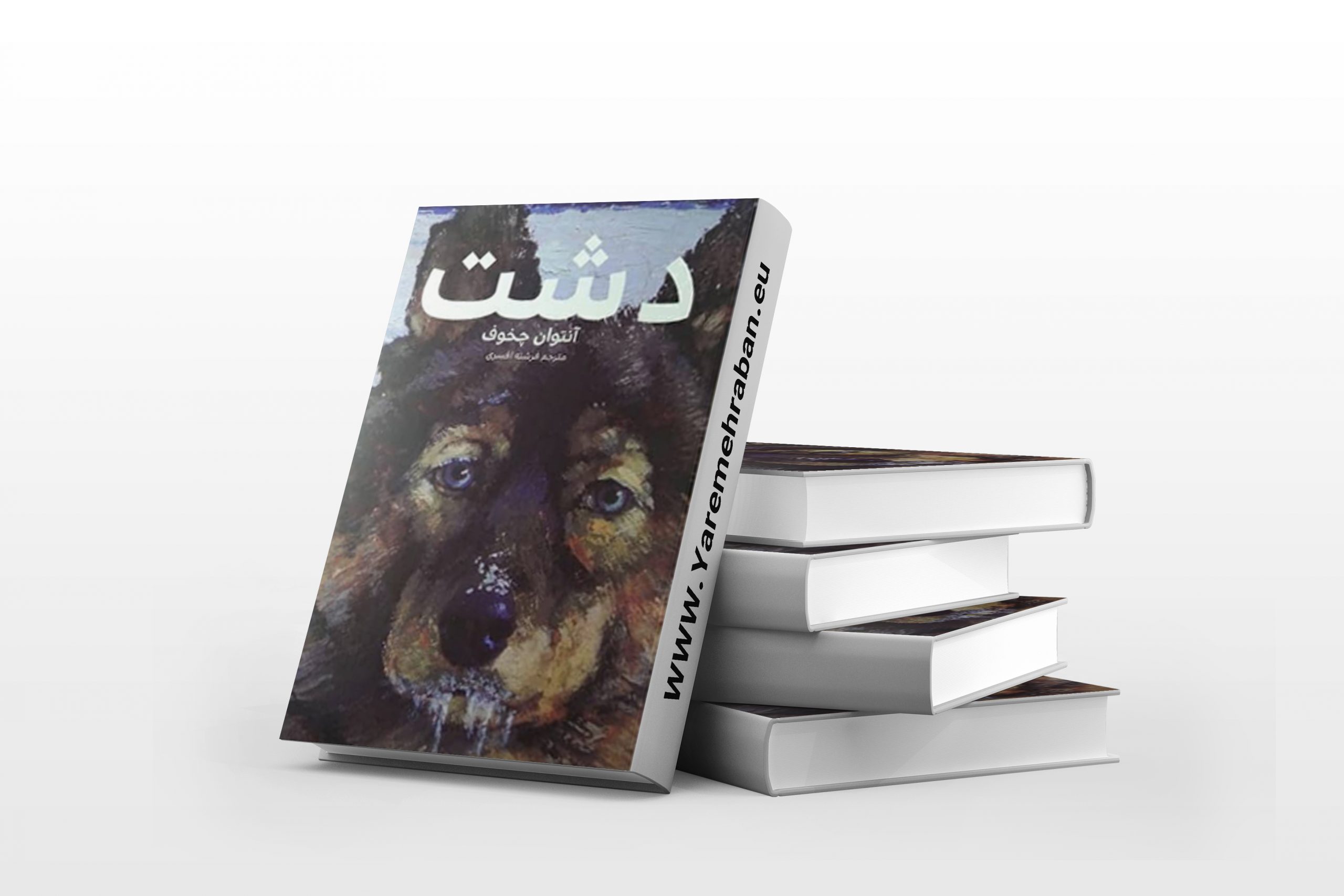
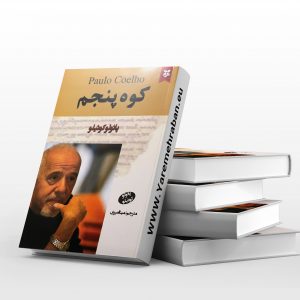



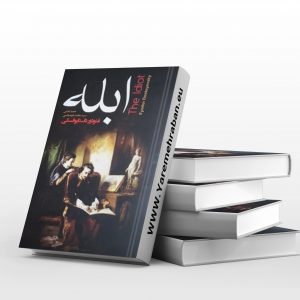
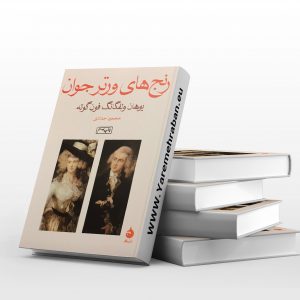
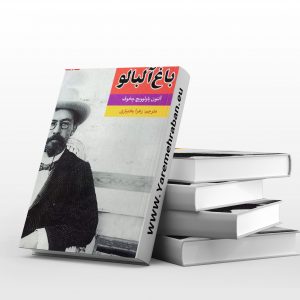

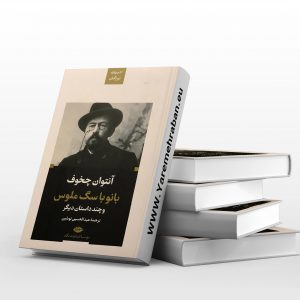

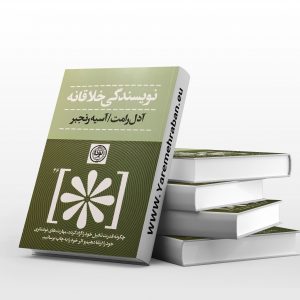

Reviews
There are no reviews yet.